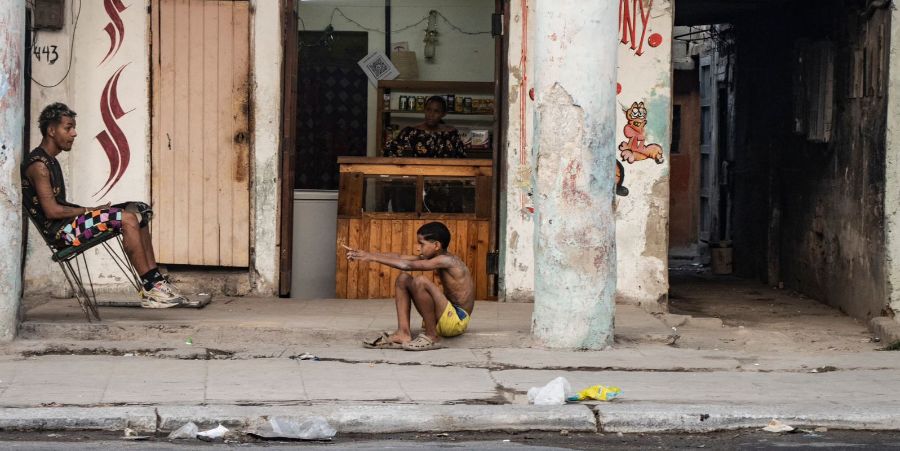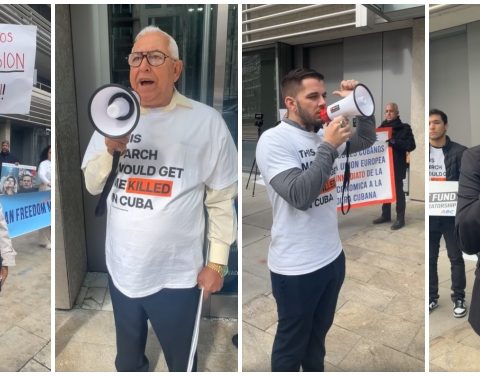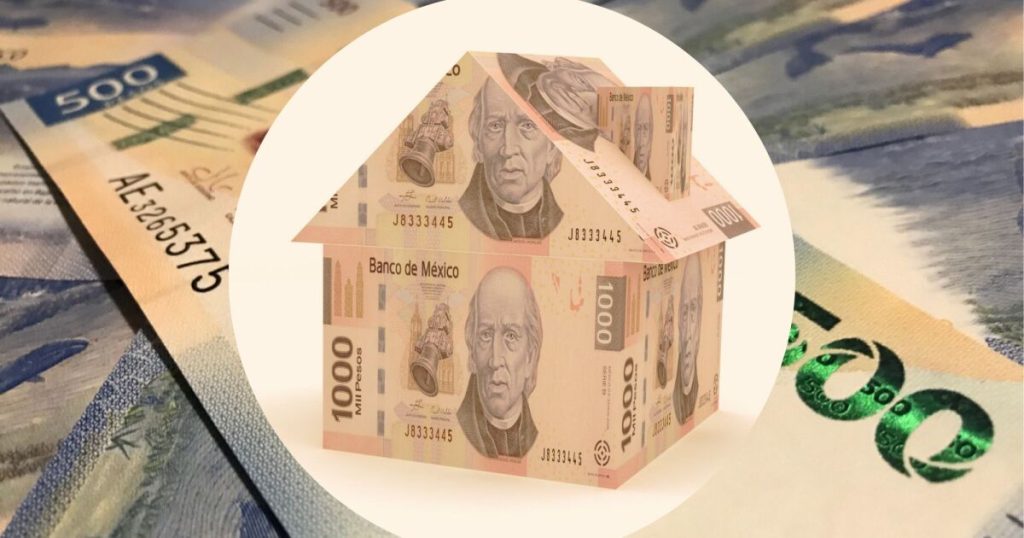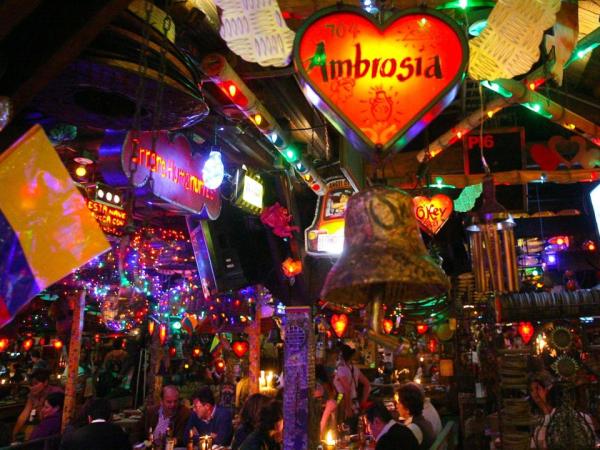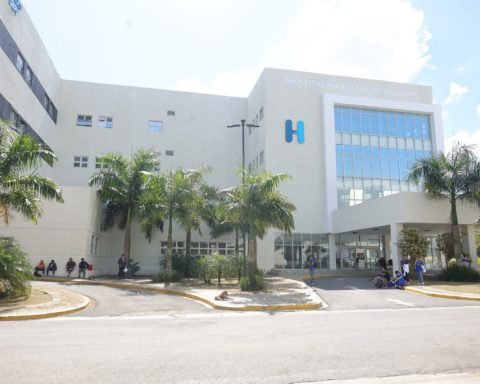HAVANA, Cuba. – The dollar has dropped a little, as it seems to be stabilizing around 300 pesos these days — after the forced disappearance of cash, a fear campaign and posts from fake profiles that seem to have been orchestrated from “above,” because even a few Following the trail have dedicated to it—, but food prices continue to rise while the supply in the markets is becoming scarcer every day as The witch hunt against some SMEs (this is a “selective war”) continues to slow down imports and close establishments.
But those who live on a salary or a pension, turning their backs on remittances, do not buy where they cannot, even where there is only one: an egg that used to cost 80 pesos, these days costs a little more than double and even then it is a miracle when it appears. Chicken is sold in packages or boxes that cost between 2,500 and 14,000 pesos. A pound of pork exceeds 700, and even more than 1,000 when it is imported (being the most abundant).
Beans, rice, sugar, vegetables and fruits are still sold at prices that are impossible even for the best official salaries on the Island, so it is evident that the majority of Cubans are starving or eating very poorly, and this is undoubtedly having an impact on the advance and worsening of diseases such as Oropouche fever and dengue feverwhich has claimed the lives of quite a few in recent days.
We know this because we hear every day that this or that person has died, that so-and-so is in a serious condition and has had a fever for more than a week; that they pick up the homeless and take them to places on the outskirts where few of us see them die because there is no way to care for them, or feed them, and the solution is to hide them, at least from the eyes of those who do not want to see.
Nothing is said in the regime’s media, they have vetoed the matter at the same time that doctors and nurses among the most “obedient” refuse to diagnose the virus “so as not to cause alarm”, but the truth is that the figures are hidden when it is known that the disease has crept into all neighborhoods, into our homes, and people no longer know what to do between the lack of food, overflowing garbage dumps, empty pockets and “mandados” (regulated foods) that continue not to reach the stores.
None of the above has anything to do with the dollar going down. But that story still works for them, especially with the same fools who curse the “blockade” even though the box of chicken they were given for being “combative” says “Made in USA.” And perhaps the car they will import when they return from their mission, the ETECSA refill, the MLC and even the paracetamol they solved where there is none to solve the others because it is “from the reserve” or from what “came in as a donation” says the same.
The dollar is falling, food prices are rising, medicines are disappearing, and some of our “vulnerable” neighbors are disappearing.
“I got through the fever without any medicine, just drinking plain water, nothing, because I didn’t even have any sugar,” Aida, a woman in her 50s, tells me. After more than a week in bed, she left the company cafeteria almost exhausted from her efforts to see if they would at least give her “some” food to get through the month.
No one hesitates to describe these times as the worst in more than half a century. Most agree that the so-called Special Period —the famine that followed the fall of communism in Eastern Europe—, was small compared to what we are going through now, when survival depends exclusively on whether or not we receive a remittance, on emigrating and pretending that things work only because the dollars that arrive from abroad, which no one produces within, sustain that illusion.
“For the first time in my life I am hungry, really hungry,” an elderly man told me in tears a few days ago when he finally decided to go out and knock on the doors of some of us, his neighbours, in search of at least a piece of bread. He found help from some, he also came across a few hard hearts, but he also found that his situation was the same as that of many others like him who had gone days without food and could not be helped.
“During the Special Period, at least there were bananas,” some say. “Cabbage was left in the fields,” others remember with regret, and there are even those who, with or without shame, from remorse or impudence, dare to recall those beastly days of the 80s when there were so many eggs (already a peso a dozen) that they had to be thrown at those who were leaving.
The most you hear on the streets are complaints. Anecdotes about how they got through their illness (or mourning) without money, about how they will continue living until they get away with it in the next fever, or in the ones after that, and all the time praying that a cyclone doesn’t come along to make things worse. Although I have also heard those who put all their faith in a gale that will put an end to everything that is dying. And in Cuba today nothing is left standing, and what seems to be, is only pretending.
